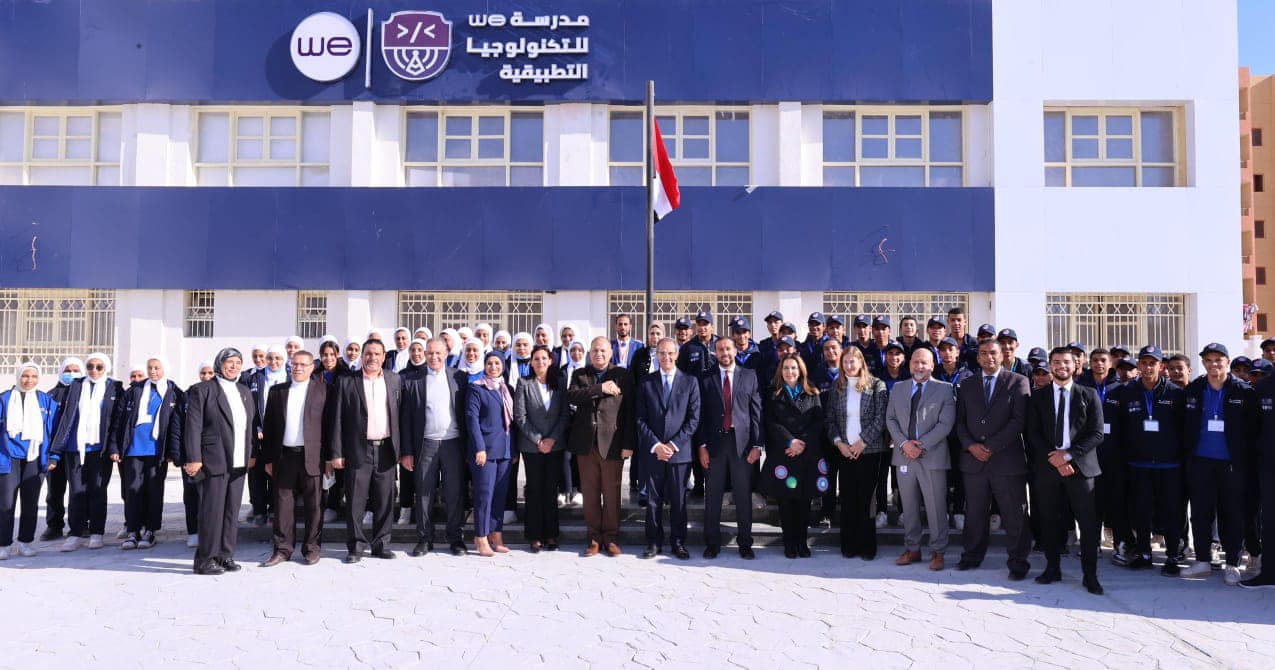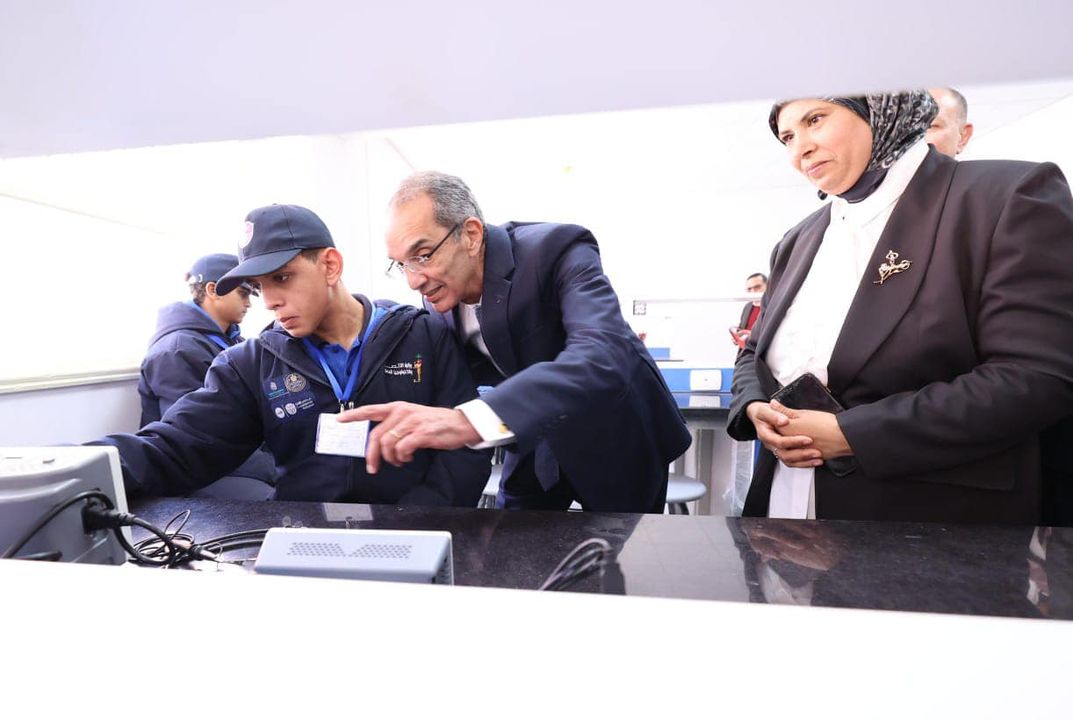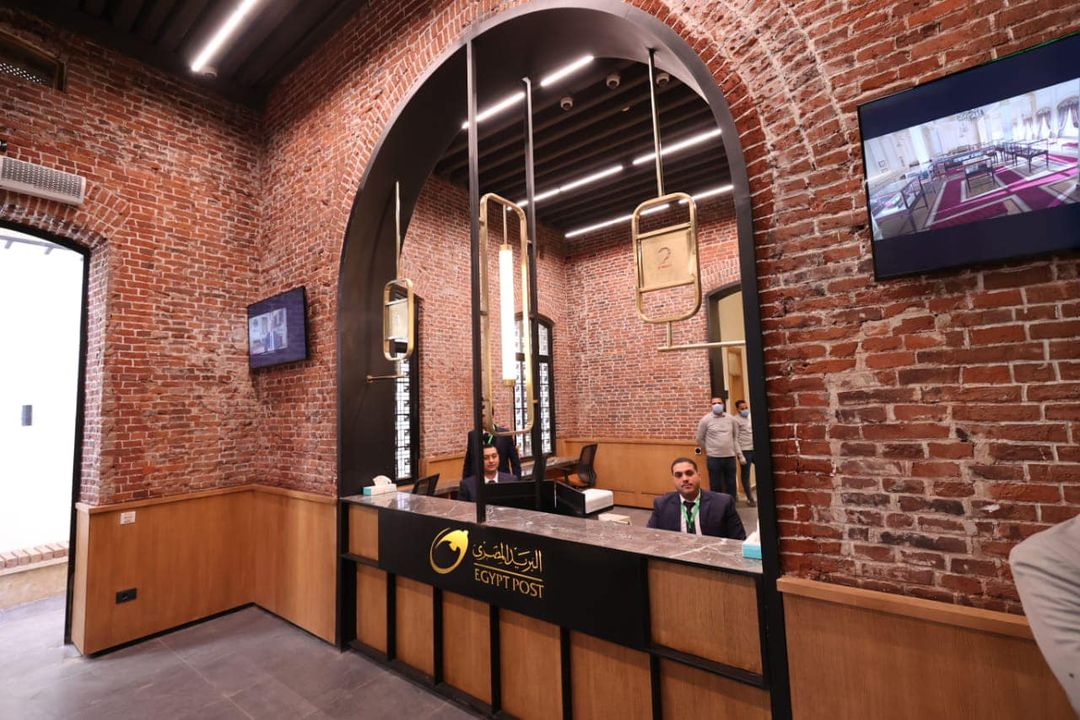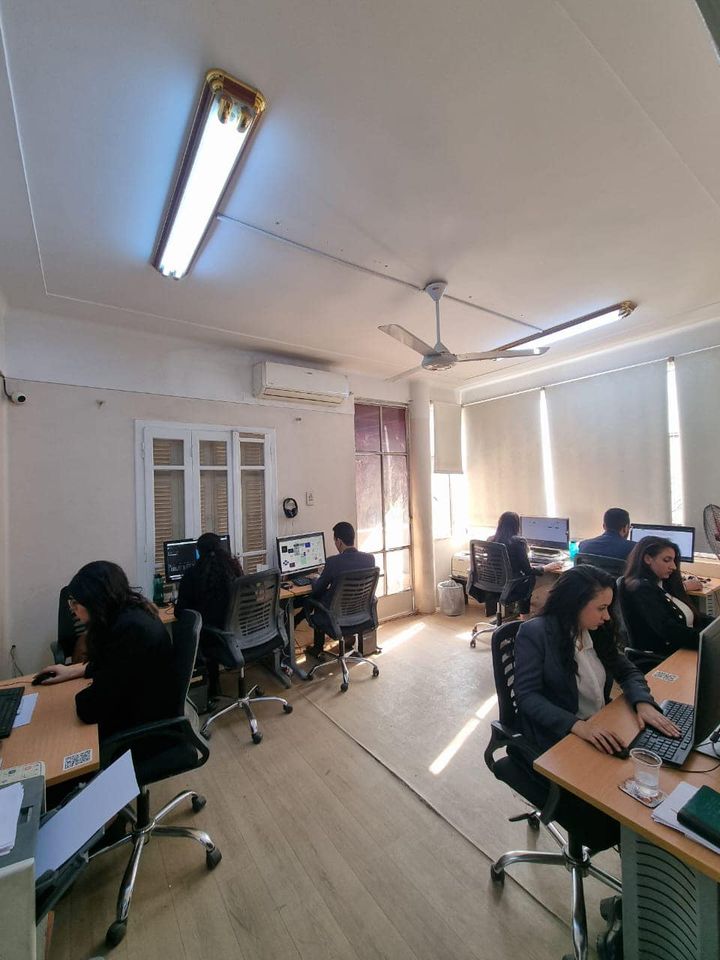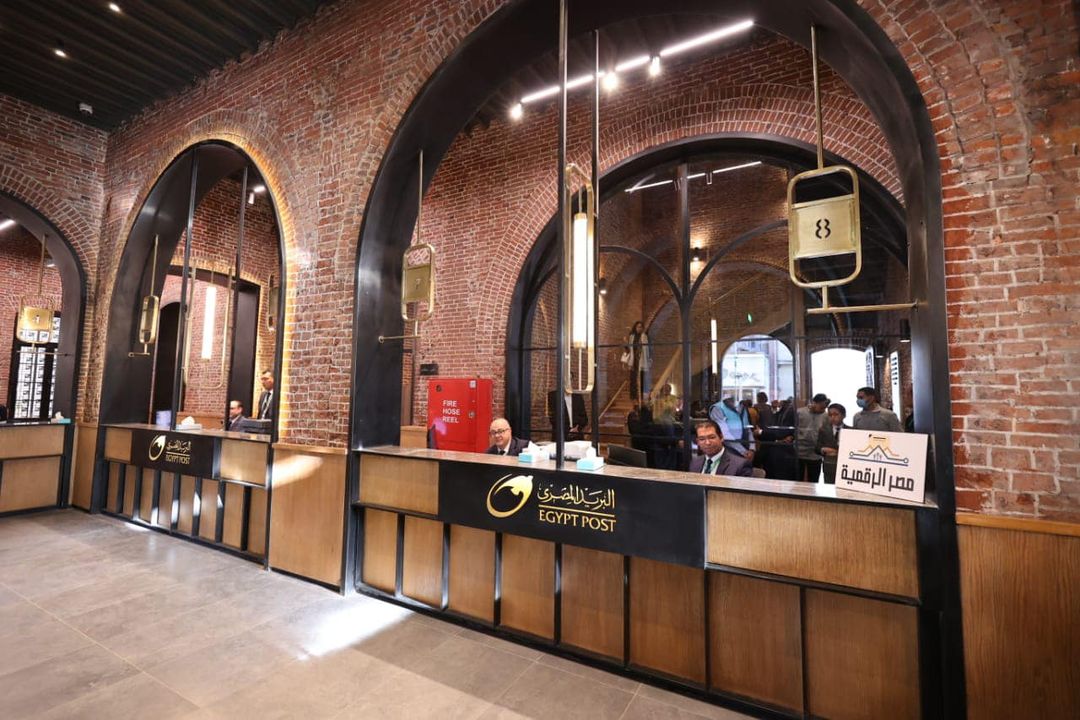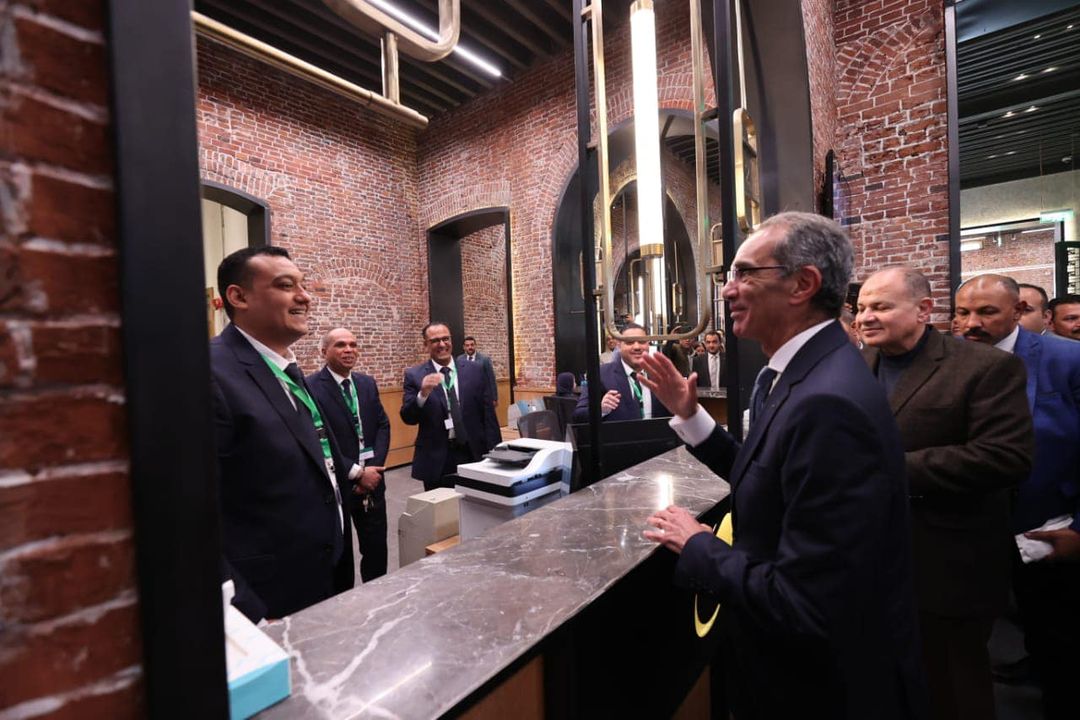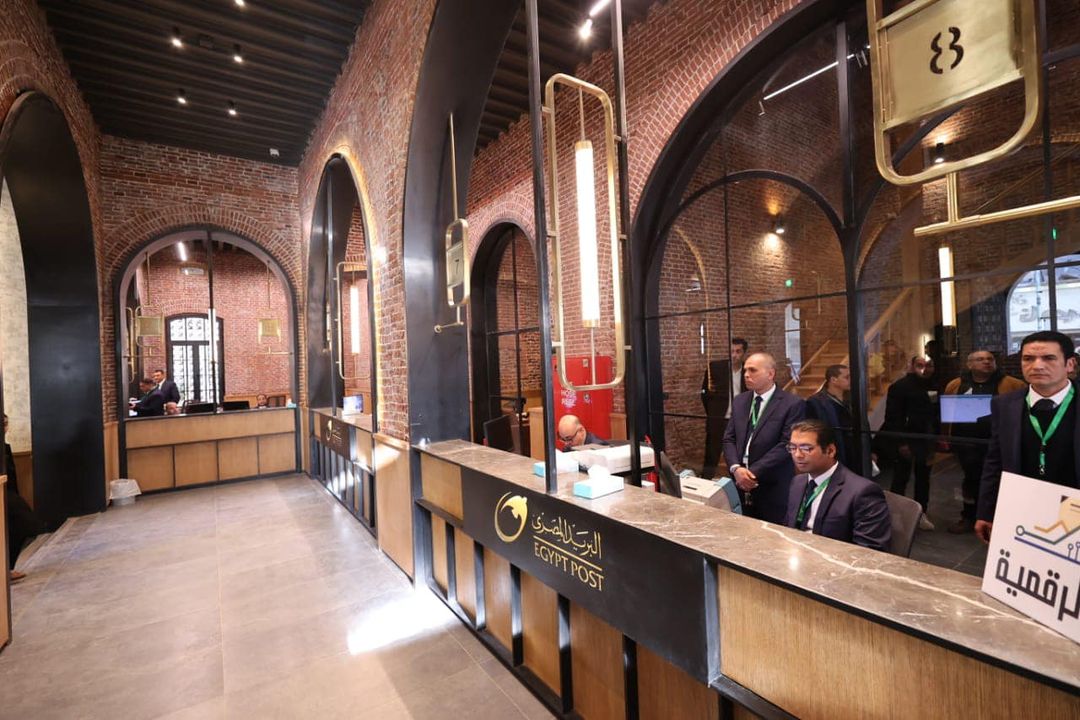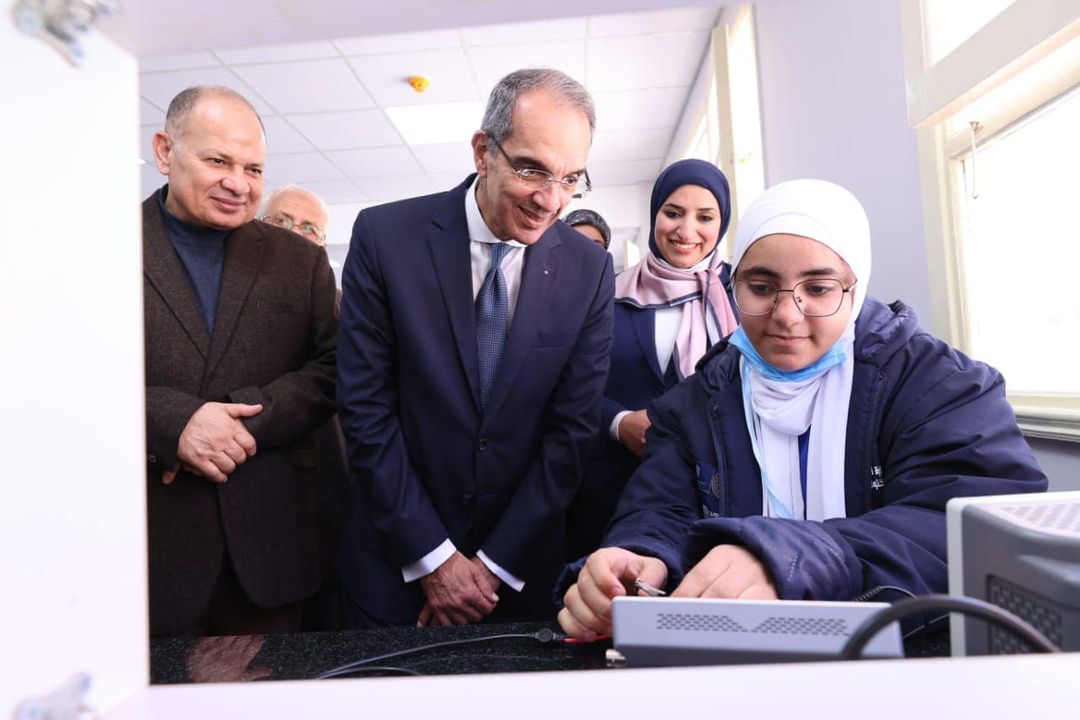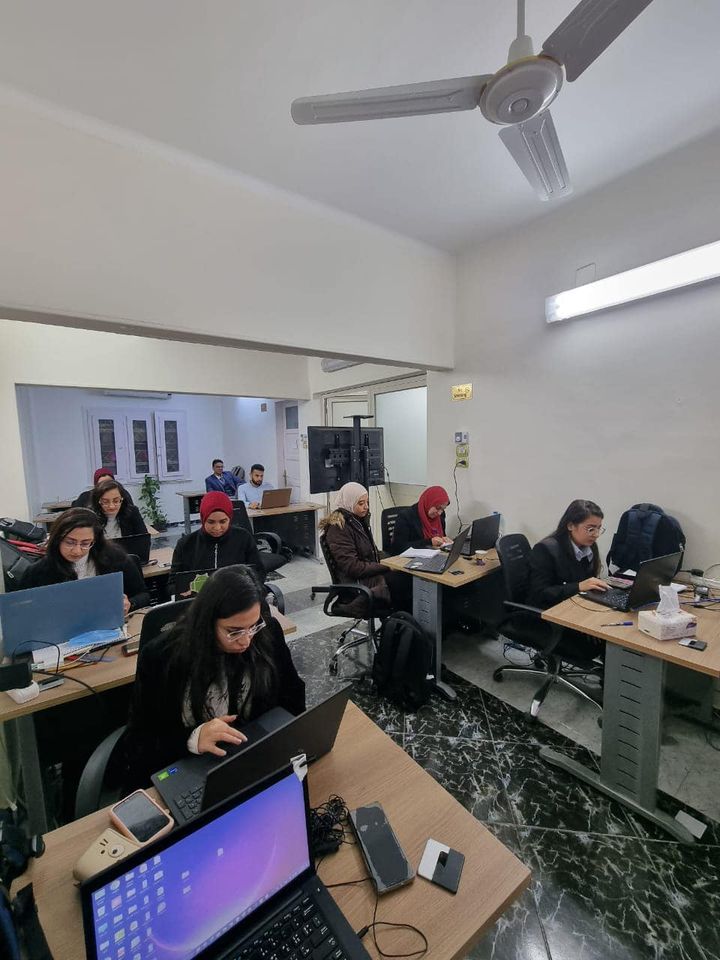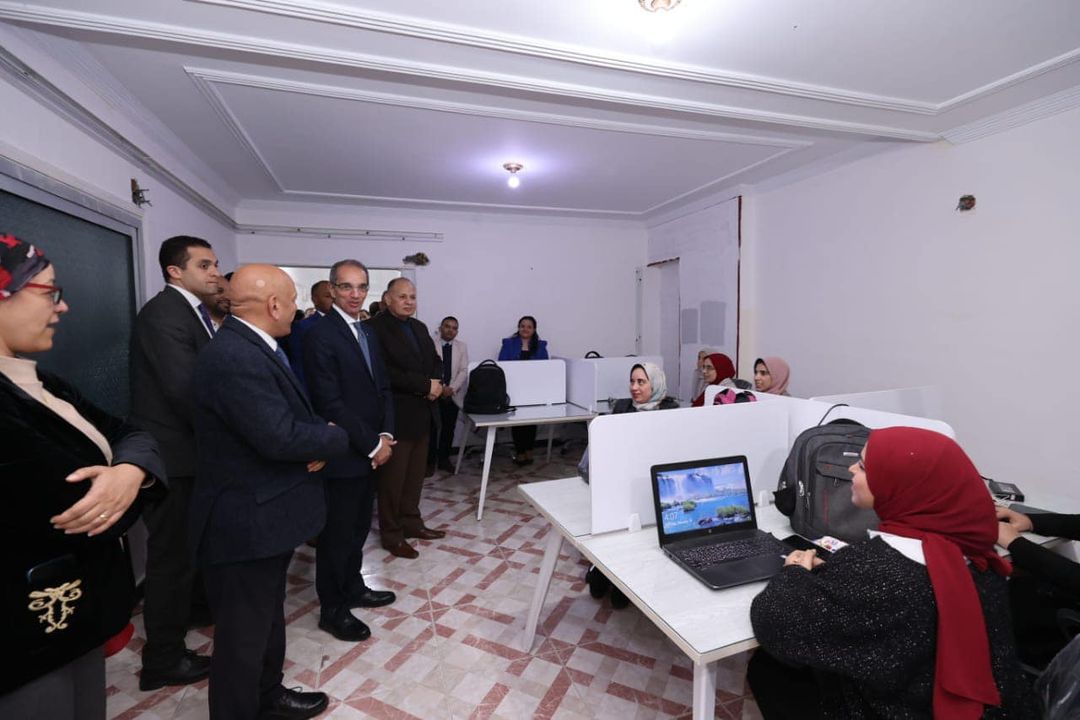Concluding his visit to Assiut, the Minister of Communications and Information Technology Amr Talaat, accompanied by the Governor of Assiut Essam Saad, has opened the “Assiut Pensions” historic post office. They were received by Egypt Post Chairperson Sherif Farouk.
The office has been renovated, developed, and equipped with advanced systems and technological solutions to deliver all types of governmental, postal, and financial services, as well as Digital Egypt services.
The ICT Minister explained that the Assiut Pensions historic post office was established 150 years ago. Its renovation is part of the efforts made to develop historic post offices in different governorates. He emphasized that Egypt Post possesses several historic post offices that are over 100 years old.
Talaat underscored that Egypt Post is one of the most important pillars of achieving Digital Egypt strategy, with the expansion and diversification of the services it provides to meet citizens’ needs through its 4,527 nationwide post offices. He noted that the development of 3,840 post offices has been completed.
For his part, Farouk stated that the opening of the Assiut Pensions post office comes as part of Egypt Post’s comprehensive strategy. It includes developing post offices nationwide following the latest technological systems and solutions. Special attention is given to historic post offices and buildings; they are restored and modernized while preserving their unique architecture. Following the latest sustainability approaches, these offices now provide a favorable work environment for employees and a seamless experience for customers.
Farouk explained that post offices, after being developed, deliver high-quality governmental, financial, and postal services seamlessly, revolutionizing the way citizens receive services.
Assiut Pensions Post Office dates back to 1867. It has been renovated following the latest sustainability approaches while preserving its architectural character and Egypt Post’s identity. The Office provides several services, including pension disbursement, checking and saving accounts, domestic and international remittances; mail, parcel, and express mail services; and utility bill payment. The office has been equipped with advanced surveillance, fire, and anti-theft alarm systems, uninterruptible power supply (UPS) devices, and an ATM.
Assiut’s postal area has 206 post offices, with 74 of them having undergone development under the Decent Life initiative in rural villages. In addition, there are 35 fully-equipped government services complexes, of which six are currently operational, with the remaining ones set to commence operations soon.
In a similar vein, the ICT Minister and the Governor of Assiut visited the premises of Informatique Education, a software solution/service provider in Egypt catering to the educational market in both the Middle East and North Africa. The company, with a team of 240 employees, has 61 individuals working in its Assiut office, exporting IT services to the Saudi market. Informatique is currently expanding its operations in Sohag and Damanhour. It is noteworthy that over 65% of the company’s team in Assiut are graduates of the Information Technology Institute (ITI) programs.
Talaat and Saad also visited the headquarters of Petra Software Ind., a specialized company in software development and resource development systems using open-source technologies. The company exports services to the GCC countries and has expanded to the US, with an office in Ohio. Petra cooperates with ITI to implement Wazeefa Tech Initiative to prepare graduates for the labor market and train engineers in Upper Egypt. ITI graduates constitute 50% of the workforce at the company’s headquarters in Assiut.
During the visit, Talaat received a detailed explanation from Informatique and Petra’s officials on the technological solutions that the companies offer, the projects they implement in Egypt, their offshoring services, and expansion plans.
The ICT Minister underscored the Ministry’s commitment to nationwide capacity building, with a particular focus on Upper Egypt. The aim is to indigenize technology, create decent jobs, and train young Egyptians in the latest technologies to meet companies’ requirements and acquire innovation and development capabilities. He commended the high proficiency of the engineers working in IT offshoring at the two companies, showcasing the excellence and competitiveness of the Egyptian youth in regional labor markets.
Furthermore, Talaat and Saad visited WE Applied Technology School (ATS), which started operating in the current academic year. They were received by the Managing Director and CEO of Telecom Egypt Mohamed Nasr.
WE schools, established through collaboration between MCIT and the Ministry of Education and Technical Education, aim to develop youth capacity, particularly in technical fields. The objective is to nurture generations capable of addressing technological and professional challenges, aligning their skills with the demands of the labor market. This is accomplished by bridging the gap between academic education and the practical needs of the market.
The first ICT-specialized smart school, WE ATS Nasr City, launched in the 2020-2021 academic year. The are currently 12 WE schools, with plans to build one ATS in each governorate.
The visit was joined by the Deputy ICT Minister for Institutional Development Ghada Labib, the CEO of the Information Technology Industry Development Agency (ITIDA) Ahmed Elzaher, ITI Chairwoman Heba Saleh, the Director of the National Telecommunication Institute (NTI) Ahmed Khattab, the Advisor to the ICT Minister for Technological Talents Hoda Baraka, and the Advisor to the ICT Minister for Digital Community Development Hoda Dahroug.
Is it worth noting that the ICT Minister visited Assiut Governorate yesterday. He witnessed the signing of four MoUs to train and qualify university graduates in Upper Egypt in software and embedded systems, build digital capacities, achieve sustainable community development and digital institutional development, and promote digital literacy, especially in the villages targeted within the Decent Life initiative in Assiut.
The visit agenda includes opening a post office, exploring local and global companies specializing in outsourcing, electronics design, and IT offshoring, in New Assiut Technology Park, and touring the Electronics Innovation Complex (EIC) and the Egyptian Silicon Industries Co. (E-SICO) factory.
https://rb.gy/1uso1g
DigitalEgypt DigitalTransformation DecentLife
وزارة الاتصالات وتكنولوجيا المعلومات-مصر
